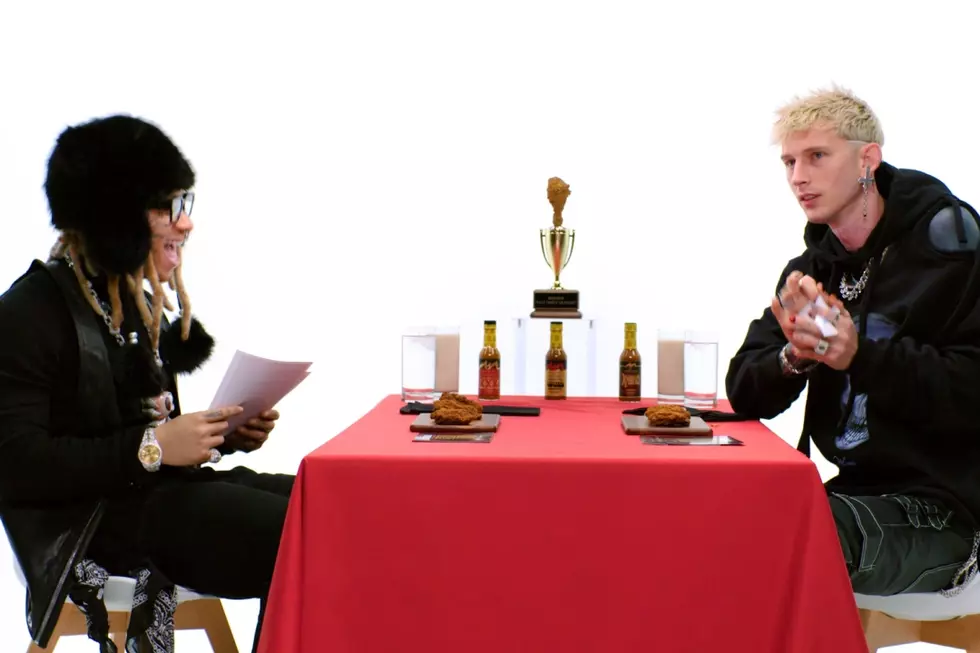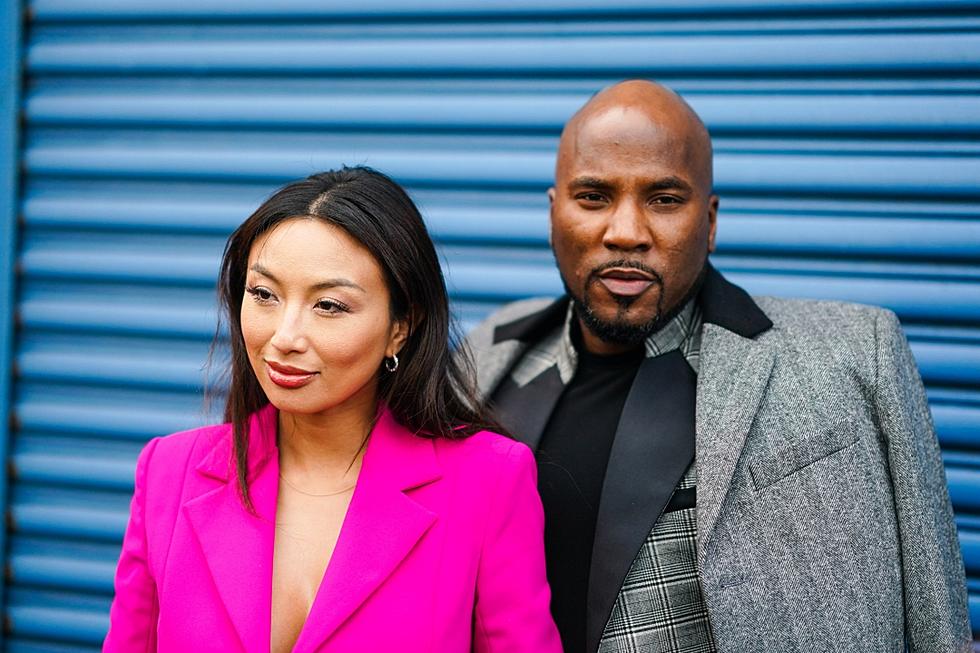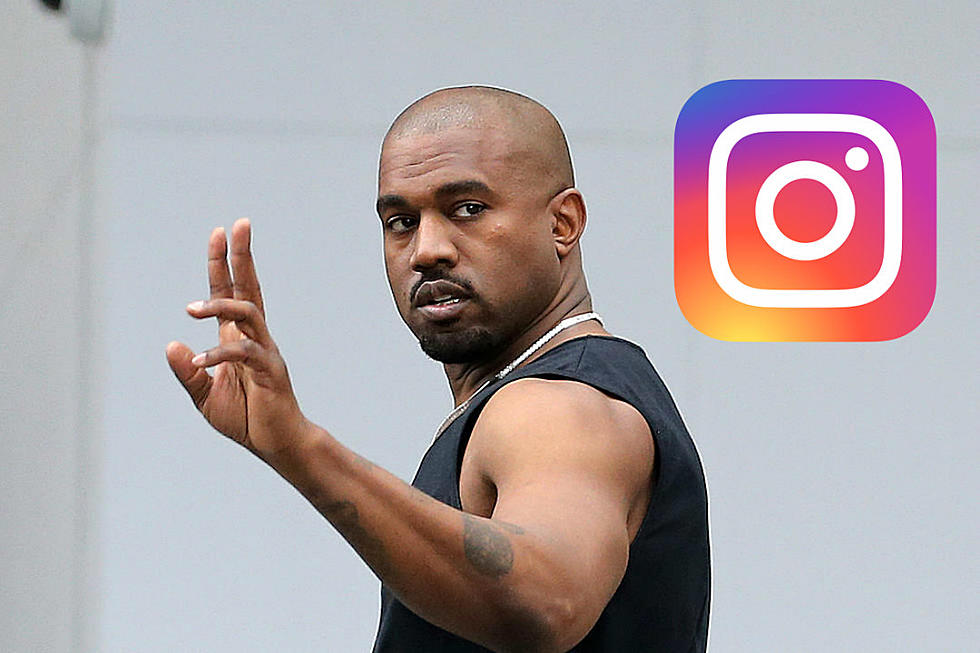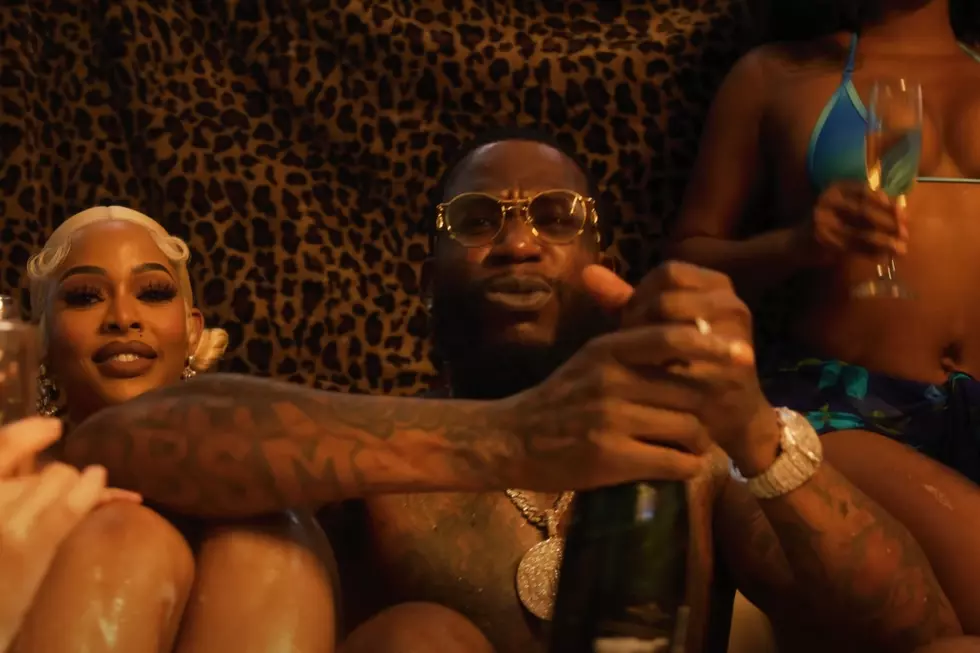Jonathan “JR” Rotem:
Music For Life
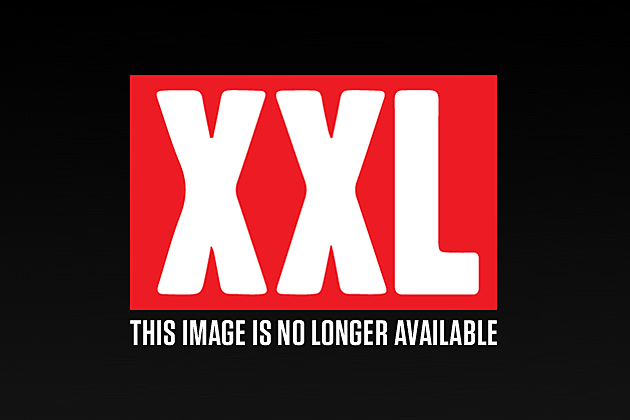 Bay Area-bred producer Jonathan Rotem is one of rap's fastest-emerging producers, but a glance at his musical history, speech patterns and even his physical appearance suggests otherwise. A studied jazz pianist and a classical head, Rotem speaks like a Mathlete, and on his web site, jonathanrotem.com, he looks more like a model from MTV's Laguna Beach than a chart-topping beatmaker.
Bay Area-bred producer Jonathan Rotem is one of rap's fastest-emerging producers, but a glance at his musical history, speech patterns and even his physical appearance suggests otherwise. A studied jazz pianist and a classical head, Rotem speaks like a Mathlete, and on his web site, jonathanrotem.com, he looks more like a model from MTV's Laguna Beach than a chart-topping beatmaker.
But Rotem's material speaks for itself. Ever since landing two songs on Destiny Child's Survivor album, the son of two Israeli immigrants has been making his presence felt: everyone from street mainstays like 50 Cent and Dr. Dre, to R&B crooners Trey Songz and JoJo have enlisted his knob twisting skills. And after a year of producing over 60 chart-toppers (Rihanna's “S.O.S.,” Rick Ross' “Push It”) and album highlights (Obie Trice's “Mama,” 50 Cent's “Position Of Power”) for urban music's elite, he's showing no sign of slowing down. In an interview with XXLMAG.COM, Rotem explains how his musical upbringing is linked with his current hustle, what he's working on for Dr. Dre's concealed Detox album, and the pros and cons of not having a distinctive name-brand sound.
How did you get into classical music and jazz piano?
I started off as a very young kid, taking piano lessons and doing recitals and performances and all that kind of stuff. So I was just hardcore into classical music. Then I went to Berklee College of Music in Boston where I studied jazz; then when I got out of there, I was pretty much a jazz pianist. I moved back to the Bay Area. I was a jazz pianist, until I decided to start producing.
Do you think your roots in classical music and jazz piano give you an edge over other producers?
I think that they definitely define my sound. That’s a big part of what makes my music sound the way it does. So, as far as an edge, you know, I don’t really like to think of it as an edge so much as that’s what gives me my individuality. That’s just part of who I am. There’s other producers who might not come from a classical or jazz background, like a Timbaland or somebody who’s a genius at what they do. And even though they’re not coming at music the same way, they’re just as innovative, if not more. So again, I just look at it as what defines myself.
How much time did you have to spend listening to music in your studies?
When I was studying classical music, I was definitely listening to it a lot and playing it so I was around it quite a bit. As far as jazz, a big part of jazz is listening to records, the same way hip-hop is. When you study jazz, the main thing to do is called transcribing solos, which is essentially you listen to like a Charlie Parker saxophone solo or a Miles Davis or a piano and you learn to play what that guy is playing on your own instrument. It’s the same thing as a rapper memorizing the lines off a favorite rap song. Obviously, it’s even more difficult to imitate an instrumentalist because it’s not words. So I definitely listened to a lot of jazz, it’s kinda necessary in order to be a good jazz musician to listen to a lot of music.
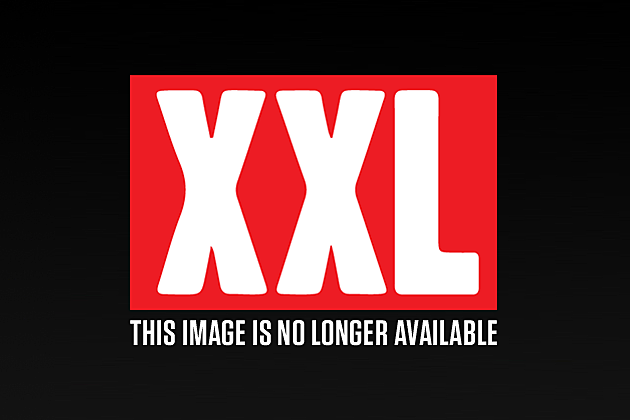 So how did hip-hop come into the picture?
So how did hip-hop come into the picture?
To be honest with you, it was basically just the desire to do it—and I love to do it. I was a jazz pianist, as I told you, but I was really, really liking hip-hop, so I was starting to play the music, the beats of hip-hop songs, in my jazz performances. We would play them and then improvise on those. And then I started making beats. I was always into composing; I had keyboards and was composing. Didn’t take it that serious as far as producing, but then I decided to. Soon after I started making beats. They got in the hands of Dwayne Wiggins of Tony Toni Tone, who took some of them to Beyoncé, and I ended up doing a couple tracks off the Survivor album with Destiny’s Child.
When that happened, I decided to move to LA to do it full-time. So then I struggled and finally met up with the right people. Met my manager, and he really started making me shape myself, getting the drums bigger and that kind of stuff. He put me with his producers Hi-Tek and Mr. Porter. I started learning from them and then I started placing a bunch of hip-hop stuff. I sold a track to Dre for Detox and then Snoop Dogg and Fabolous. For Lil Kim, I did the “Whoa” single. Things really started to happen. Then I started getting into more of the pop world. I did “S.O.S.” with Rihanna and I started getting in working on Britney Spears’ new album. Game, Mya, JoJo and all these people started happening. Then I did the Rick Ross single “Push It” that’s out now. Things just started to happen, really just from hard work and wanting to do it.
Your parents are Israeli immigrants, and you were born in South Africa. Are you open to working with artists from other countries?
I definitely like music from other countries. I’ve actually worked with Rohff and Arsenik, which are some of the biggest rappers in France. I just worked with one of the biggest rappers in Japan. So yeah, I’m definitely open to it.
Do you ever run into a language barrier?
With the Japan thing, we definitely needed a translator, because I was producing the vocals and it was kind of difficult because I don’t speak Japanese. But I could still feel the flavor of this cat, and just his energy. He’s just a real cool cat. We did connect because he spoke a little bit of English, but obviously it’s a completely different thing when I’m working on vocals and producing a record and I really don’t understand any of the words in the song. But still, you can hear the rhythm, you can hear the flavor. It’s actually kind of cool to work on a song in a different language.
One thing I’ve noticed about you is that your scope is so broad, you don’t have a distinct “JR Rotem” sound. Do you think that works to your advantage or disadvantage?
It is what it is. I think the fact that you mentioned it and other people have said that maybe my sound isn’t as distinctive, I think that’s a combination of a couple factors. Number one, I would say that I am blessed to have all the placements I’ve had in such a short amount of time. Like last year, I placed over 60 records, and now it’s like 90, just an incredible amount. But it’s happened in a short amount of time and truthfully, I think I’m still developing my sound. Even though my sound is professional, I would still say that I’m developing it. The other part of it is that I’m very, very eclectic in my musical tastes. Coming from jazz and classical piano, I feel just as comfortable producing a club track for Game as I do doing a pop ballad for a Disney star. One day I’ll be in the studio with Game, the next day I’ll be in with Britney, and next day I’ll be in with Mya, so I do all the different genres. And when I do them, I don’t necessarily try to rely on the same drum sounds or the same kind of synth sounds. I always try to give that artist the best possible song in their genre. And because I play music and enjoy many different kinds of music, I don’t try to get caught up in one sound.
 Part of it is intentional, also. I don’t want to be known for just one sound; I want to be known for giving people really, really hot records, regardless. So if it’s going to be a piano ballad, cool. If it’s going to be an up-tempo dance song, great. If it’s a club banger with old school 808 drums, cool. If it’s a mixture, cool. I just want to make the best song at the time. I think all those factors are a part of why people say I have a less distinguishable sound.
Part of it is intentional, also. I don’t want to be known for just one sound; I want to be known for giving people really, really hot records, regardless. So if it’s going to be a piano ballad, cool. If it’s going to be an up-tempo dance song, great. If it’s a club banger with old school 808 drums, cool. If it’s a mixture, cool. I just want to make the best song at the time. I think all those factors are a part of why people say I have a less distinguishable sound.
But other people tell me...they might hear “S.O.S.,” [which] I produced for Rihanna, and then they’ll hear “Push It,” that I did for Rick Ross, obviously two totally different songs for two totally different artists, but they do have some similarities. They both have kind of an ’80s thing to them. And even the single I did for Lil Kim, “Whoa” didn’t have any samples in it or anything like that, still had a little ’80s sensibility.
You’ve had a lot of work in pop and R&B, where I’m sure the big money is. Would you ever think of shying away from rap in favor of other genres?
To be honest with you, no, because of a number of reasons. Number one, I straight up love hip-hop and rap. It’s what I wanted to do and it’s what I still want to do. I think there’s just a magic to that music, there’s a rawness that you just can’t take away from. So I would always want to be involved in that. Second, rap and urban music in general are really what’s pop now, so that’s still making a lot of money worldwide. And third, I think a lot of the pop and R&B people I get in with, I think it’s not because I can give them pop and R&B stuff, but truthfully, they’re fans of what I do in hip-hop. That just gives you a lot of credibility when people are feeling that. And even people in pop and R&B need producers with credibility and knowledge in urban music.
More From XXL

